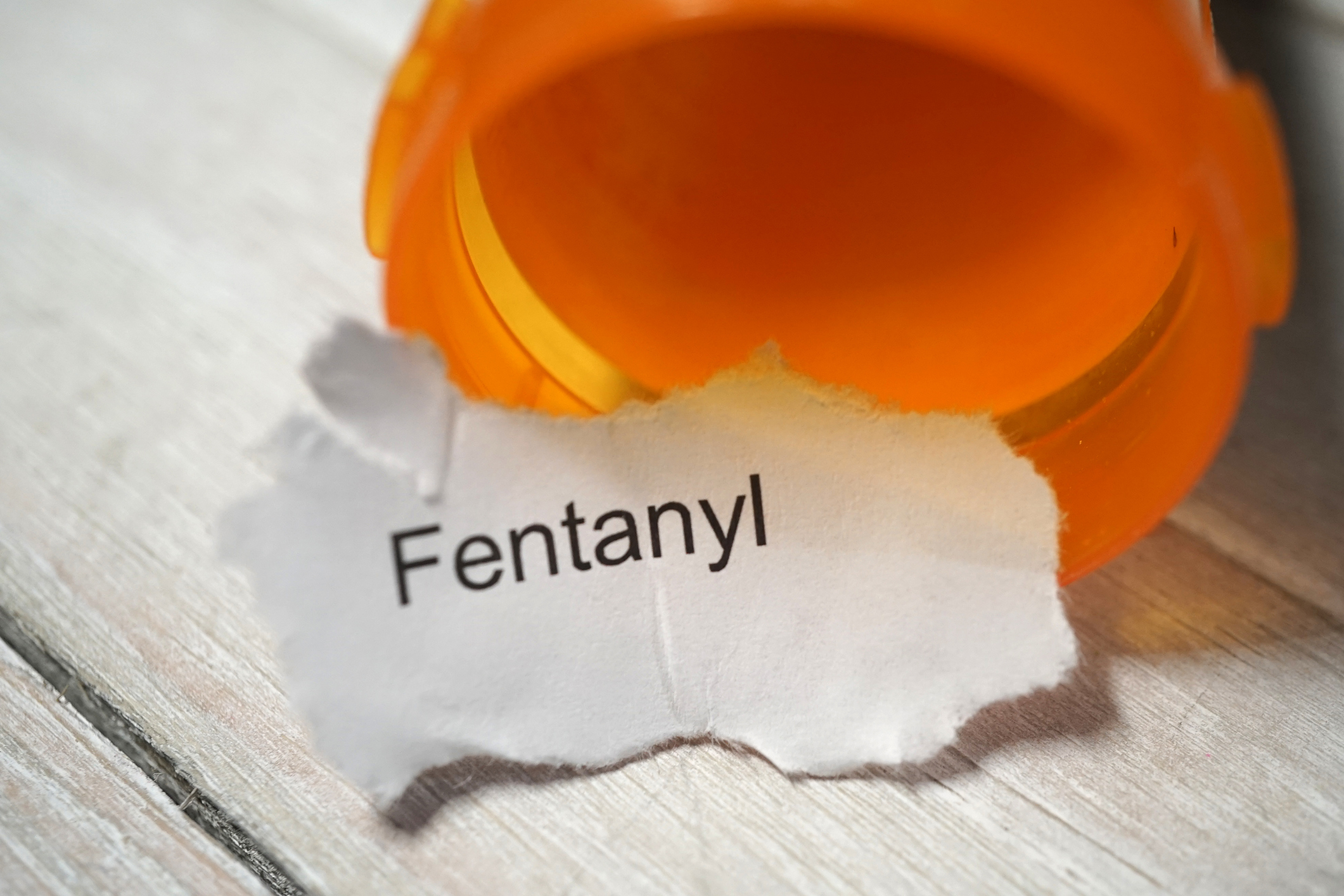
Fentanyl, there's a good chance you've heard of this drug. It's used in emergency rooms in hospitals for sedation. It's a synthetic opioid and cheap to make. When it's used in hospitals, it's under close supervision, and the antidote, naloxone, is always close by. What you may not have heard is that this cheap substitute is being added illegally to other pills, including pain medications, and it's being used by teenagers and young adults, and it's killing them.
Rise in Fentanyl-Related Teen Overdoses
According to the Centers for Disease Control and Prevention, fentanyl was involved in 84% of teen overdose deaths in 2021, and the problem is growing. Fentanyl-related overdose deaths in teens tripled from 2019 to 2021, and many of those deaths were due to counterfeit pills, not prescription medications. Just two milligrams, that's all it takes to be fatal. Fentanyl is infiltrating high schools in the form of tainted Valium, tainted Percocets, and drugs that kids are getting from other kids, not from pharmacies.
How Teens Access Fentanyl
As a pediatrician, those aren't medications I would ever prescribe to a patient anyway. So the big question is where are teens getting these pills? The answer is just as scary. Kids are finding other kids who are selling these counterfeit pills through social media. Kids who are struggling with mental health issues are looking for ways to feel better, and they often turn to drugs. I see it often in my practice, but most of the time it's marijuana I see. Kids who are truly desperate will try anything though, and they find these other drugs online.
School Awareness and Overdose Prevention Efforts
Schools across the country are aware of this problem. Unfortunately, in 2021, a national survey of drug use and health found that only about 60% of 12 to 17-year-old students reported that they had drug and alcohol prevention discussed at school. There are things the schools can do. They can always have naloxone, also known as Narcan, on hand. And just so you know, you can buy naloxone, the antidote for opioid overdose over the counter at many national drugstore chains and online.
The Vital Role of Parents in Overdose Prevention
The real conversation about this, however, should start at home. Parents need to let their kids know fentanyl is out there. It's laced in other pills, and it's killing kids their age. Parents need to be the ones to talk to their kids about how if they are offered pills, even by friends, they should not take them.
Shifting the Anti-Drug Message: Moving Beyond "Just Say No"
In the past, the big anti-drug message was, "Just say no." Well, that doesn't always work. Kids aren't necessarily looking for heroin or meth or weed. They're looking for pain meds or psych meds, but looking online. And the bottom line is those selling pills on social media really don't care about your kids. They care about money. A better message is don't take anything that you aren't specifically prescribed by your doctor and has been dispensed by a legit pharmacy.
Kids need to hear from families and other kids who have been affected by one of their family members or friends dying from a fentanyl overdose. It needs to be personalized so they can see the faces of those left behind, and hear the stories of the kids who had promising futures and made one bad mistake to take a pill, and then they paid the ultimate price. The bottom line, the time to take action is now before it's too late. Talk to your kids about fentanyl.
More Answers to Your Questions on Keeping Your Kid Healthy and Happy
Latest trends and issues in children's health on the Healthy Kids Zone with Dr. Cindy Gellner






